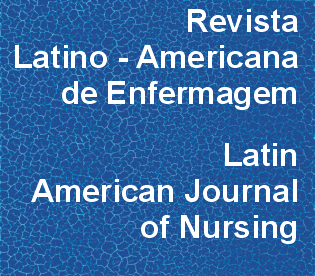Intersectorality and bonding in tuberculosis control in Family Health
DOI:
https://doi.org/10.1590/S0104-11692011000200022Keywords:
Tuberculosis, Family Health Program, Primary Health CareAbstract
This is a qualitative study which aims to analyze the performance of the Family Health teams in the control of tuberculosis according to the relationship between bonding and the development of intersectoral actions in the metropolitan region of João Pessoa, Paraíba, Brazil. To construct the empirical material focus group techniques were used. Seven focus groups were conducted, involving 37 professionals of the Family Health teams. For analysis, the discourse analysis technique was used. It was concluded that the lack of intersectoral action weakens the bond between tuberculosis patients, their families and the Family Health team. It is noteworthy that intersectoral measures are fundamental in the development of integral care for tuberculosis patients in the context of Primary Health Care.Downloads
Download data is not yet available.
Downloads
Published
2011-04-01
Issue
Section
Original Articles
License
RLAE’s authorship concept is based on the substantial contribution by each of the individuals listed as authors, mainly in terms of conceiving and planning the research project, collecting or analyzing and interpreting data, writing and critical review. Indication of authors’ names under the article title is limited to six. If more, authors are listed on the online submission form under Acknowledgements. The possibility of including more than six authors will only be examined on multicenter studies, considering the explanations presented by the authors.Including names of authors whose contribution does not fit into the above criteria cannot be justified. Those names can be included in the Acknowledgements section.
Authors are fully responsible for the concepts disseminated in their manuscripts, which do not necessarily reflect the editors’ and editorial board’s opinion.
How to Cite
Intersectorality and bonding in tuberculosis control in Family Health . (2011). Revista Latino-Americana De Enfermagem, 19(2), 387-395. https://doi.org/10.1590/S0104-11692011000200022



